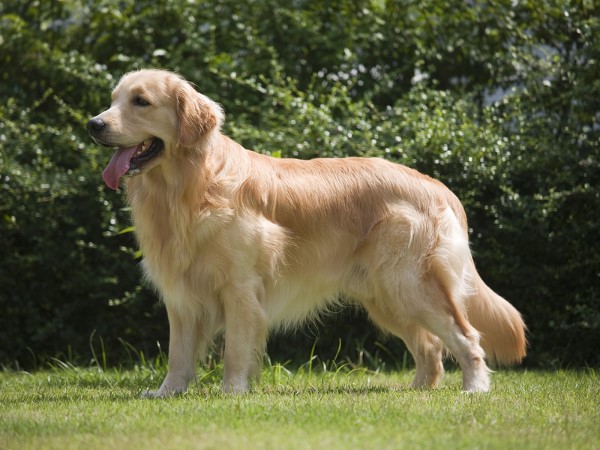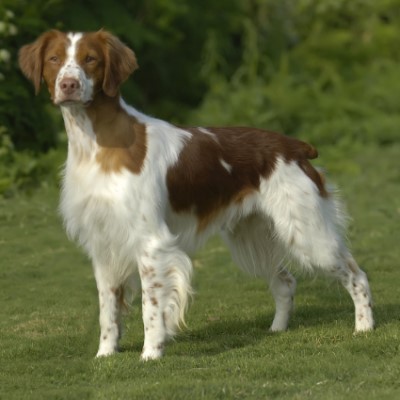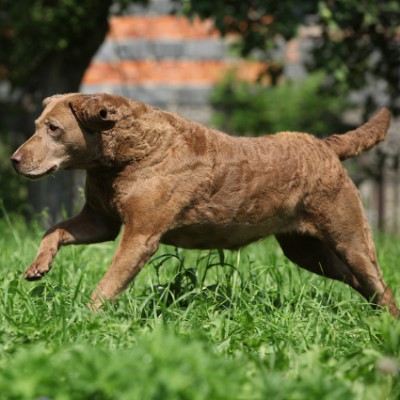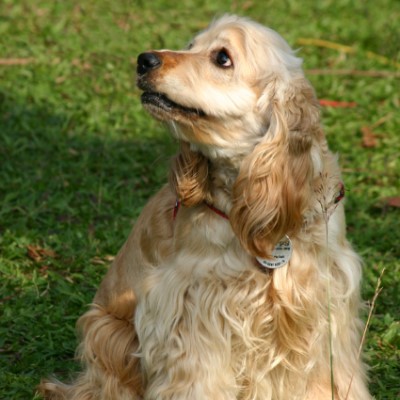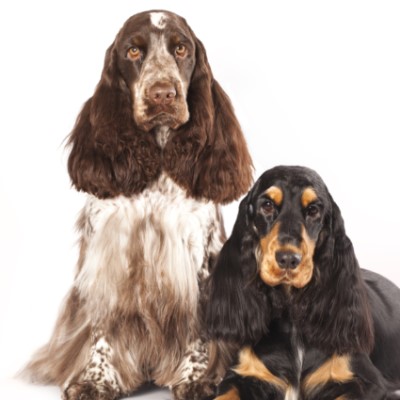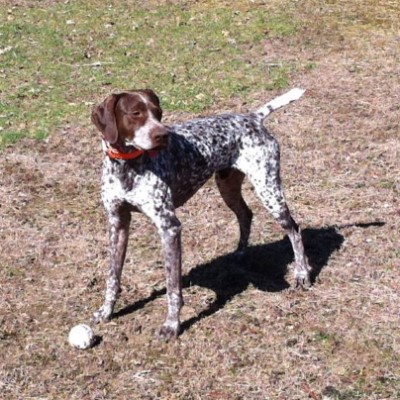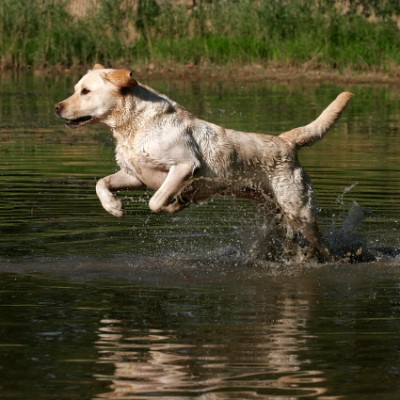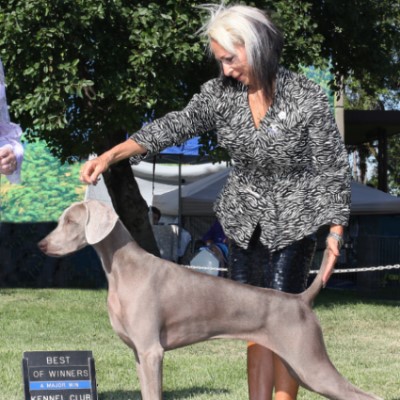Common Reasons for Surrender
Goldens are high-energy dogs and need a lot of exercise. Golden Retrievers are surrendered because if left alone for 10 hours a day or put in the backyard alone for exercise, they will become bored and tear up furniture or find something to occupy their time.
Pros
Besides being handsome and intelligent, Goldens are sociable. They enjoy being with people, with other Goldens, and they even like other dogs. Golden Retrievers are enthusiastic and love to please their people, so an upbeat personality and cheerful commands work well with this breed. One pet owner said she had small children and chose a Golden because she wanted to be sure the dog they adopted would not bite down hard on her little ones. In the end, the Golden Retriever is after your friendship.
Cons
Goldens are hyper and require a high-energy owner. The Golden Retriever’s double coat requires substantial brushing as well as regular vacuuming of your car and home. If not given ample time with her family, your Golden may chew through wood doors and furniture out of boredom.
Diet
The best diet is always the one recommended by your Golden Retriever’s veterinarian. Keep fresh drinking water available at all times and look for a dry kibble that shows meat as its foremost ingredient. Science Diet is one recommended dry food and can be purchased at PetSmart or from your veterinarian. The Golden may be fed two cups of food twice daily.
Exercise
Goldens requires a lot of exercise, so you have to provide him with different types of exercise in your daily routine. The Golden Retriever enjoys games of fetch and, because he was bred for duck hunting, will enjoy bringing a fabric “duck” or other animal to you.
Possible Health Issues
Golden Retrievers have a high rate of cancer and eye issues that can lead to blindness. Allergies, hip dysplasia, hypothyroidism, and heart defects are other concerns.
Housing
Any home that provides extended periods of exercise twice a day will work for the Golden.
Grooming
The Golden Retriever’s long shiny coat needs to be brushed daily and bathed and groomed every three months so the coat does not become matted. Using scissors, trim your Golden’s feet and ears regularly and brush his teeth at least three times a week with dog toothpaste. Keep the ears dry and trim long hairs near the ear canal.
Training
Golden Retrievers are “soft” or sensitive in nature and if shouted at a Golden will take longer to train and longer to trust you as a companion. Early, consistent training will work but the Golden does not need to do 10 repetitions of “sit” to know how to sit on command. In fact, she will get bored with all that sitting.
Entertainment
Golden Retrievers were trained as duck hunters, so if you don’t have a duck in your living room, the Golden puppy will find a dirty sock, dish towel, or pillow to pick up and carry around. A little puppy may latch on and tear a sleeve at first, but can be taught to hold gently. It’s fairly easy to teach a puppy not to nip, but the Golden is not attacking, he is exploring and looking for a toy to carry—fabric toys are favorites. Provide one. And, be sure that things you don’t want in your dog’s mouth are off the floor.
ADDITIONAL RESOURCES
Educated Canines Assisting with Disabilities, P.O. Box 251, Dobbs Ferry, NY 10522
We want to thank pet owner Debbie Kovar for help with this profile.
